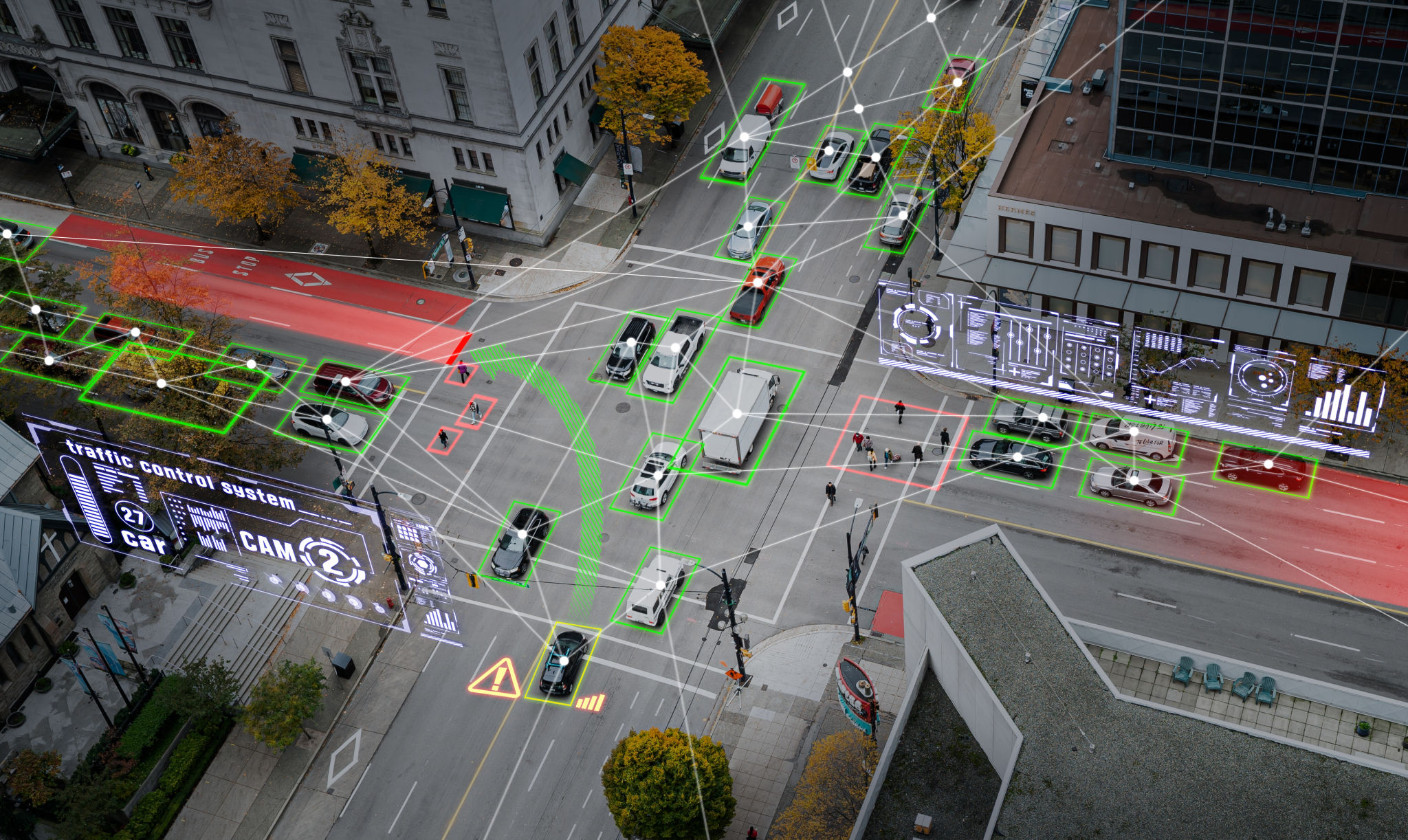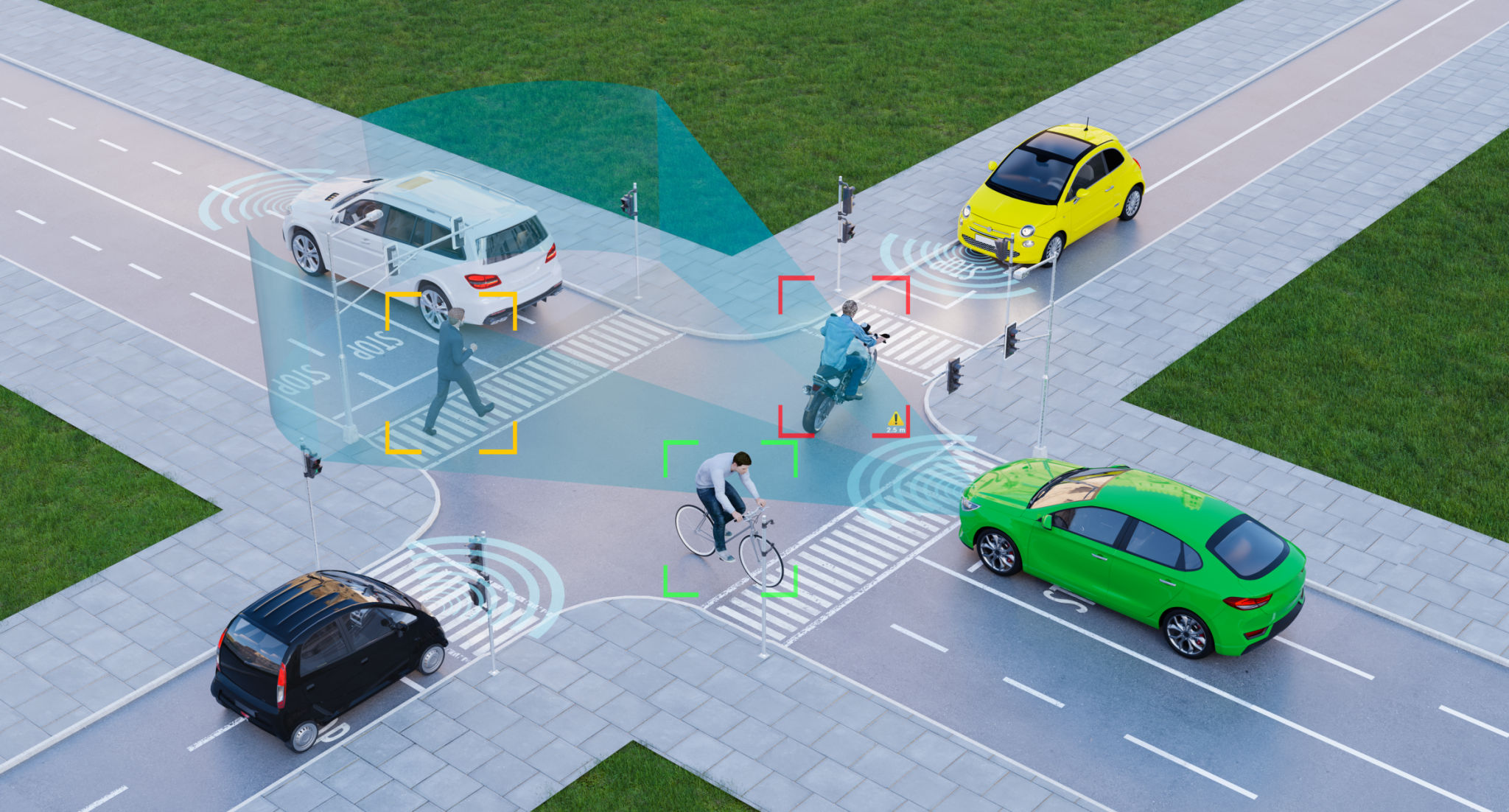The Impact of AI on Autonomous Vehicles and Route Optimization
PW
Introduction to AI in Autonomous Vehicles
Artificial Intelligence (AI) has revolutionized numerous industries, with one of the most significant impacts being on autonomous vehicles. These self-driving cars leverage AI to make informed decisions, enhancing safety and efficiency on the roads. As technology progresses, the integration of AI in autonomous vehicles is proving to be a game-changer.

The Role of AI in Decision Making
AI systems in autonomous vehicles process vast amounts of data from various sensors and cameras to make real-time decisions. This includes detecting obstacles, interpreting traffic signals, and even predicting the actions of pedestrians and other vehicles. The ability of AI to learn from this data ensures continuous improvement in vehicle performance.
Machine learning algorithms play a crucial role, allowing vehicles to adapt to different driving conditions. As these algorithms become more sophisticated, they enhance the precision and reliability of autonomous systems.
Enhancing Safety with AI
One of the primary goals of integrating AI in autonomous vehicles is to improve safety. AI-driven systems can react faster than human drivers, reducing the likelihood of accidents. Features like automated emergency braking and lane-keeping assistance are just a few examples of how AI enhances vehicle safety.

Moreover, AI's predictive capabilities allow vehicles to anticipate potential hazards and take preventive measures. This proactive approach not only safeguards passengers but also contributes to overall road safety.
AI in Route Optimization
Apart from driving capabilities, AI is instrumental in optimizing routes for autonomous vehicles. Route optimization ensures that vehicles choose the most efficient paths, reducing travel time and fuel consumption. This is particularly beneficial for logistics companies that rely on timely deliveries.
Benefits of Route Optimization
AI-driven route optimization offers several advantages:
- Time Efficiency: By analyzing traffic patterns and road conditions, AI can suggest routes that save time.
- Cost Reduction: Efficient routing reduces fuel consumption and vehicle wear and tear, leading to cost savings.
- Environmental Impact: Optimized routes contribute to lower emissions, supporting environmental sustainability.

Challenges and Future Prospects
Despite the advancements, there are challenges in implementing AI for autonomous vehicles and route optimization. Data privacy concerns, regulatory hurdles, and technological limitations are some of the issues that need addressing.
However, the future looks promising. Continuous advancements in AI technology are expected to overcome these challenges, paving the way for widespread adoption of autonomous vehicles. As AI becomes more integrated into our transportation systems, we can anticipate safer, more efficient, and environmentally friendly travel solutions.
Conclusion
The impact of AI on autonomous vehicles and route optimization is transformative. As this technology evolves, it promises to redefine the way we travel. By enhancing safety, improving efficiency, and minimizing environmental impact, AI is driving us toward a smarter future on the roads.